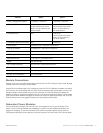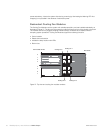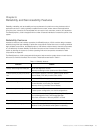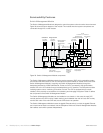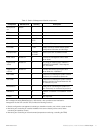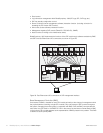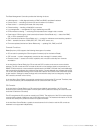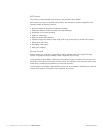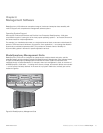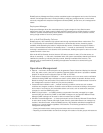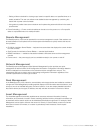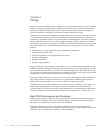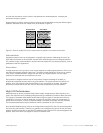www.hitachi.com BladeSymphony 1000 Architecture White Paper 47
– Setting a failover schedule for cluster groups, based on specific dates or at specified times on a
weekly schedule. The user can achieve more detailed cluster management by combining this
feature with a power control schedule.
– Using alerts to predict future server shutdown and implementing automatic failover in the event of
specific alerts
• Power Scheduling — Power control schedules can be set to turn the power on or off on specific
dates or at specified times on a weekly schedule.
Remote Management
The BladeSymphony 1000 can be operated from a remote management console. Chat sessions can
be used between a local operator and a remote system administrator to quickly resolve and recover
from problems.
• IP KVM for Intel Xeon Server Blades — keyboard mouse emulator that displays the current window
from the consoles.
• Shell Console for Intel Itanium Server Blades — standard shell interface.
• BSMS Chat feature — enables a chat session between a Windows server and the management
console.
• Power control — the power supply can be controlled remotely to turn power on and off.
Network Management
The BladeSymphony Management Suite Network Management function provides one-point
management of network switch VLAN configuration information. Configuration information related to
VLANs is obtained from the switches on the network and then managed from one port. The
management GUI can be used to set up and manage configuration information regardless of the
command specifications for each type of switch.
Rack Management
In the BladeSymphony 1000, networks, server blades, and storage devices are installed as modules in
a single rack. Rack Management provides graphical displays of the information about the devices, such
as layout, amount of available free space, and error locations. It can also display detailed information
about each device (such as type, IP address, and size) and alert information in the event of failure.
Asset Management
The Asset Management functionality enables server resources and asset information (inventory
information) to be checked on screen. Servers matching particular inventory information conditions can
be searched and the search results can be distributed periodically through email. For example, Asset
Management can be used to discover the amount of memory in a server blade, to search for servers
that have old version of firmware, or to search to periodically check the status of service pack
installations.



